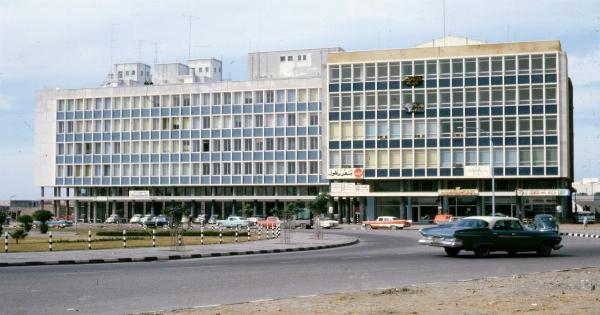The Middle East Respiratory Syndrome, or MERS, is a viral respiratory illness that’s caused by the coronavirus, and it was first reported in Saudi Arabia in 2012. Since then, the illness has spread to other countries in the Middle East and beyond.
Over the past few years, there has been a significant increase in the number of cases and deaths due to MERS. Recently, the death toll of MERS has crossed the 200 mark, which is a cause for concern.
What is MERS?
MERS is a respiratory illness that’s caused by the coronavirus. The coronavirus is a family of viruses that can cause illnesses ranging from the common cold to more severe diseases such as SARS.
MERS was first identified in Saudi Arabia in 2012, and it has since spread to other countries in the Middle East, Asia, Europe, and the United States. The virus is primarily spread through respiratory secretions such as coughing and sneezing.
MERS can also be contracted through close contact with an infected person or by touching contaminated objects or surfaces and then touching your mouth, nose, or eyes.
Symptoms of MERS
The symptoms of MERS can range from mild to severe and can include:.
- Fever
- Cough
- Shortness of breath
- Breathing difficulties
- Pneumonia
- Acute respiratory distress syndrome (ARDS)
Prevention of MERS
Prevention is the best way to avoid contracting MERS. Some simple steps you can take to prevent the spread of MERS include:.
- Washing your hands frequently
- Covering your mouth and nose with a tissue while coughing or sneezing
- Avoiding close contact with an infected person
- Avoiding touching your face with unwashed hands
- Using hand sanitizer frequently
Treatment for MERS
There is currently no vaccine or specific treatment for MERS. Treatment is focused on relieving symptoms and preventing complications.
Patients with severe cases of MERS may require hospitalization and supportive care such as intravenous fluids, oxygen therapy, and mechanical ventilation.
MERS outbreak
There has been a significant increase in the number of MERS cases and deaths over the past few years. In May 2015, South Korea experienced the largest outbreak of MERS outside of the Middle East, with 186 confirmed cases and 36 deaths.
This outbreak was caused by a traveler who had contracted the virus while visiting Saudi Arabia and then returned to South Korea. The outbreak led to the closure of schools and public facilities, and it had a significant impact on the country’s economy.
MERS in Saudi Arabia
Saudi Arabia has reported the majority of MERS cases and deaths. According to the World Health Organization (WHO), there have been 1861 confirmed cases of MERS in Saudi Arabia, and 687 of those cases have resulted in death.
The majority of the cases have been reported in Riyadh, Jeddah, and Mecca. The WHO has worked closely with Saudi Arabian health authorities to monitor the situation and provide guidance on prevention and treatment measures.
MERS and tourism
MERS has had a significant impact on tourism in the Middle East. Many tourists are reluctant to travel to the region due to the risk of contracting the virus.
The Saudi Arabian government has implemented measures to address this issue, including increased hygiene practices in hotels and restaurants and increased surveillance of public areas. Despite these measures, tourism in the region has been significantly impacted, with many countries advising their citizens to avoid non-essential travel to the affected areas.
Conclusion
The death toll of MERS has now crossed the 200 mark, and the situation remains a cause for concern.
Prevention continues to be the best way to avoid contracting the virus, and simple measures such as washing your hands regularly can be effective in reducing the spread of the virus. While there is currently no vaccine or specific treatment for MERS, patients with severe cases can receive supportive care in a hospital setting.
The impact of MERS on tourism in the Middle East has been significant, and it remains to be seen how this situation will develop in the future.



























